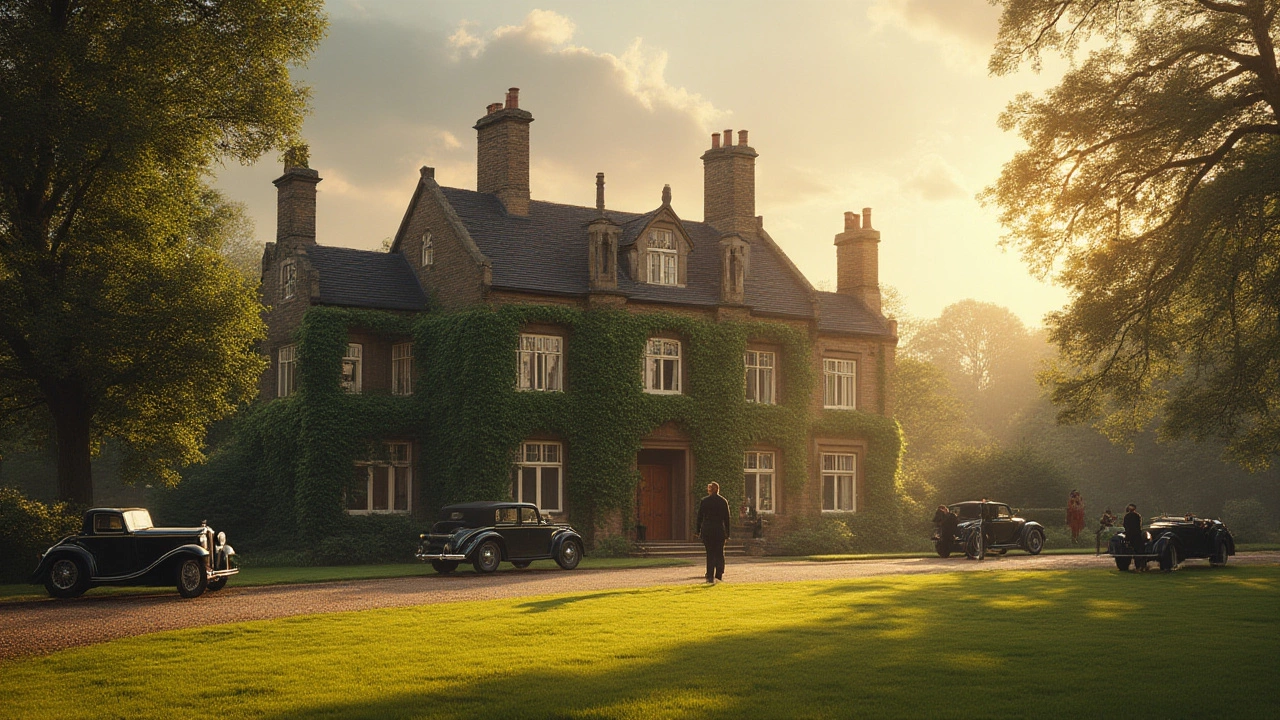Uncover the intriguing story behind the world's first country house hotel. Learn how rural mansions transformed into modern hideaways for travelers seeking peace and luxury.
Hotel Origins: Understanding What Makes a Hotel
When you book a place to stay, you probably just see the word "hotel" and move on. But behind that simple label is a whole history of how people have rested away from home. Knowing a bit about where hotels come from can help you pick the right spot, avoid surprises, and get more value from your money.
How Hotels Have Evolved Over Time
The word “hotel” traces back to the French hôtel, which originally meant a grand townhouse for rent. In the Middle Ages, wealthy travelers stayed in monasteries or inns that offered a bed and a meal for a few pennies. Those inns were the first real ancestors of today’s hotels – basic, often single‑room buildings with a shared kitchen.
Fast forward to the 19th century, and the railway boom created a demand for larger, more comfortable places near stations. That’s when the first purpose‑built hotels appeared, with multiple floors, private bathrooms, and a lobby where guests could meet other travelers. The era also introduced the idea of a “brand” – think of the old Grand Hotel chains that promised a certain level of service wherever they opened.
Today we have everything from budget hostels to 7‑star luxury resorts. Yet the core idea stays the same: provide a safe, clean place to sleep and a base for exploring a new area. Modern hotels add Wi‑Fi, gyms, and sometimes even pet‑friendly rooms, but they still rely on the same basic model of renting rooms for short stays.
Key Things to Look for When Booking a Hotel
Understanding hotel origins helps you ask the right questions. First, check the room size and layout. Older city hotels might have smaller rooms because they were built on tight plots, while newer suburban ones often give you more space. If you travel with kids, look for a property that lists “family rooms” or “extra beds” – that’s a sign the hotel knows the needs of families.
Second, pay attention to the child age policy. Some places consider anyone under 12 a child, others use 16 as the cutoff. This can affect extra‑bed fees or breakfast charges, so read the fine print before you confirm.
Third, think about extra amenities that matter to you. Do you need a coffee machine in the room? A gym? Free parking? Some hotels include these in the price, while others charge extra. Knowing what’s included helps avoid hidden costs later.
Lastly, glance at the cancellation policy. Hotels that were originally built for long‑term stays often have stricter rules, while newer, flexible brands may let you cancel up to 24 hours before check‑in without penalty.
By looking at these details, you can match the kind of hotel you need to the history and style of the building you’re booking. Whether you’re staying in a centuries‑old manor turned boutique hotel or a sleek city tower, the basics stay the same – a clean room, a comfortable bed, and a place that fits your travel style.
So next time you type “hotel” into a search box, remember you’re tapping into a long line of travelers who needed a roof over their heads. Use that knowledge to pick a spot that feels right for your trip, and enjoy a stay that’s more than just four walls.
